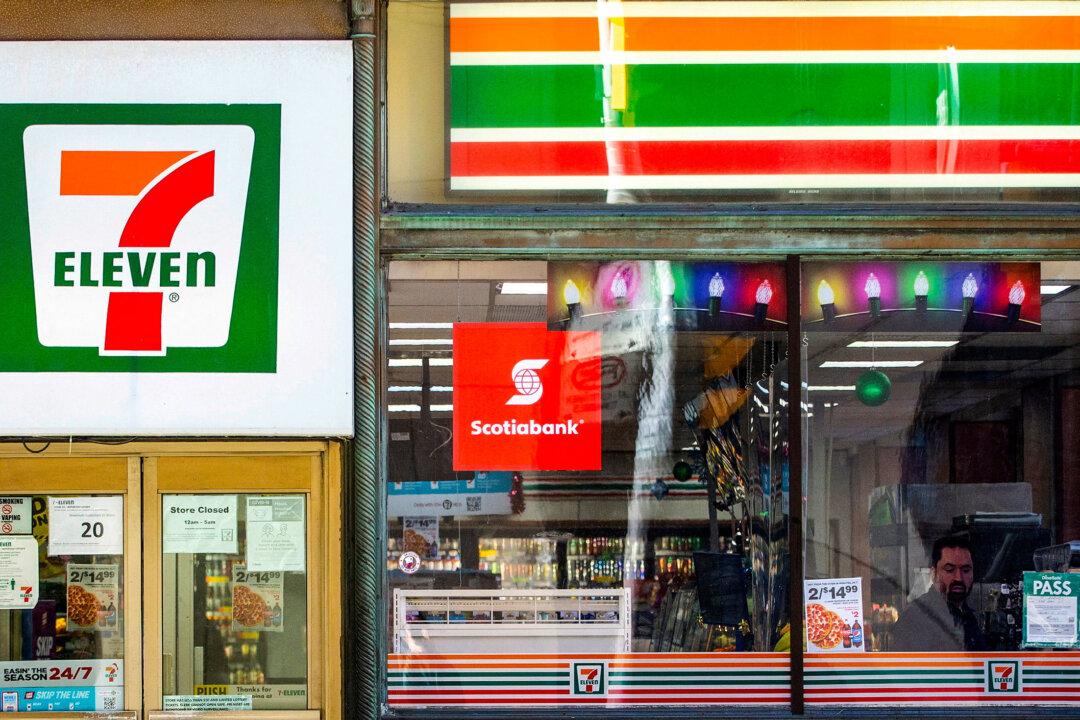Convenience store chain 7-Eleven will close hundreds of stores as the company faces declining sales at its U.S. stores.
7-Eleven operates more than 13,000 stores across the United States and Canada. The company plans to shut down 444 “underperforming stores” as part of improving efficiency and managing cost, according to an Oct. 10 financial forecast presentation from the firm. The closures represent more than 3 percent of the company’s U.S. and Canadian stores. This is expected to generate approximately $30 million in operating income benefit for the retail chain this year.





